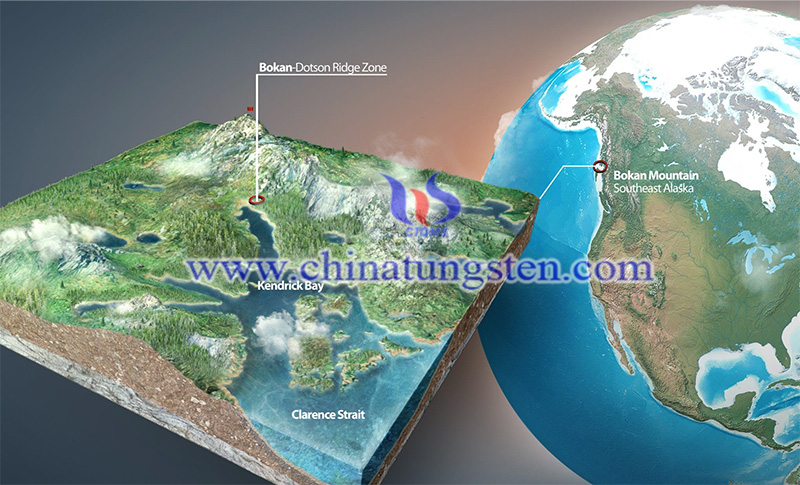UCore Launched Action to Counter CCP's Rare Earth Control
- Details
- Category: Tungsten's News
- Published on Wednesday, 28 April 2021 18:29
UCore, a Canadian company, initiates a series of actions to get rid of the Communist Party of China (CCP)'s monopoly of rare earths. Rare earth elements (REEs) are indispensable in the production of night vision goggles, wind turbines, electric cars and satellites. Western companies and governments are actively gathering momentum to fight China's control on rare-earth magnets.
REEs include 17 metals. For many years, China has dominated the REE market. According to the annual report released by the US Geological Survey in February 2019, China's rare-earth production accounted for 70.5% of global production in 2018. 80% of U.S. REE imports from 2014 to 2017 came from China. As clean energy products using REEs become more and more popular, the demand for the elements continues to grow.

The US government is investing largely in rare-earth mining and processing. US President Joe Biden signed an executive order in February directing the evaluation of the supply chain of critical materials, including REEs. Biden's recent infrastructure plan also promised to invest in rare earth separation projects.
The goal of UCore, headquartered in Nova Scotia, Canada, is to get rid of the CCP's hegemony of rare earths. The company's interim CEO Pat Ryan told the Washington Examiner: "This is a risky situation. It is quite unbalanced and must be corrected".
Due to the unique physical and chemical properties of REEs, it is essential for many high-precision technology products. REEs are used in military laser-guided weapons, advanced fighter jets, missiles, mobile phones and electric vehicles.
Ryan calls REEs 'emerging oil', and he emphasized that the electric vehicle industry is expected to explode in the next decade. He said that if the United States does not produce the key minerals needed to drive the electrification of cars, then job opportunities will come to China.
IHS Markit predicts that by 2025, global electric vehicle sales will reach 12.2 million units, a compound annual growth rate of nearly 52%. The United States plans to increase wind energy in the next ten years, and permanent magnets are an important part of many wind turbines.
Ucore's goal is to build one of the first rare earth separation facilities in the United States in Ketchikan, Alaska. The facility will use the most advanced technology to separate key elements from the raw materials shipped by the US allies. Once UCore generates revenue, it plans to open the nearby Bokan-Dotson Ridge mine and use the ore there to build a complete domestic supply chain in the United States.
Republican Senator Marco Rubio has always been a major opponent of the CCP's dominance of global REE supply. He told the ‘Washington Observer’: "China almost monopolizes the rare-earth supply chain, including the control of the vast majority of the world's REE metallurgical production capacity. This is a major threat to our economic security."
He added in a statement: "To ensure our rare-earth supply chain, the United States must ensure domestic metallurgical manufacturing capabilities."
On the other hand, the Heritage Foundation economist Nick Loris focuses on energy and environmental policies. He told the Washington Observer that the threat of CCP in terms of REEs is exaggerated. Loris also said that he believes that the demand for rare earth will grow in the next few years, and the increase in demand may promote an increase in domestic production in the United States, which is an opportunity for UCore.
- Rare Earth Manufacturer & Supplier, Chinatungsten Online: www.chinatungsten.com
- Tungsten News & Prices of China Tungsten Industry Association: www.ctia.com.cn
- Molybdenum News & Price: news.molybdenum.com.cn
- Tel.: 86 592 5129696; Fax: 86 592 5129797; Email: sales@chinatungsten.com



 sales@chinatungsten.com
sales@chinatungsten.com